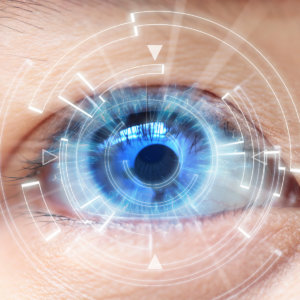Digital Today, Cognitive Tomorrow
Digital is not the destination. Rather, it is laying the foundation for a more profound transformation to come.
Topics
Frontiers
Editor’s Note: This article is one of a special series of 14 commissioned essays MIT Sloan Management Review is publishing to celebrate the launch of our new Frontiers initiative. Each essay gives the author’s response to this question:
“Within the next five years, how will technology change the practice of management in a way we have not yet witnessed?”
In today’s economy, we are seeing companies, business models, products, and processes undergoing major transformation. Enterprises and governments are rapidly “becoming digital” as they seek to capture the cost savings, agility, and collaboration enabled by cloud, analytics, mobile, and social technologies.
However, digital is not the destination. Rather, it is laying the foundation for a much more profound transformation to come. Within five years, I believe all major business decisions will be enhanced by cognitive technologies.
I sensed the magnitude of the transition for the first time in 2011, when I watched IBM’s Watson system win on “Jeopardy!” At the time, I felt that I was watching history in the making: The technology known as artificial intelligence (AI) was finally moving from the lab into the world.
Why are we seeing this now?
First, the technologies required for cognitive systems — not just AI, but a broad spectrum of capabilities that include natural language processing, human-computer interaction, deep learning, neural nets, and more — have made exponential advances in recent years.
Second, the abundance of data being generated throughout the world today requires cognitive technology. Much of this data is “unstructured”: video, audio, sensor outputs, and everything we encode in language, from medical journals to tweets. However, such unstructured data are “dark” to traditional computer systems. Computers can capture, move, and store the data, but they cannot understand what the data mean (which is why cognitive systems are so vital).
Finally, and most important, we will see systems that learn. We need systems that learn. Think of the challenges and issues we face today: predicting risk in financial markets, anticipating consumer behavior, ensuring public safety, managing traffic, optimizing global supply chains, personalizing medicine, treating chronic diseases, and preventing pandemics.
The challenges today go beyond information overload. In many ways, we live in an era of cognitive overload, characterized by an exponential increase in the complexity of decision making.


Comments (2)
Phani Sekhar
Manu Sharma